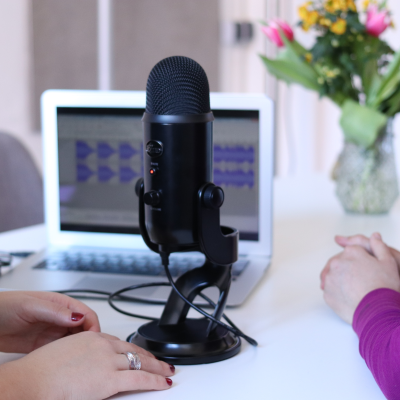
Business ethnography research on the values’ heritage of the Giudicarie cooperatives
After a start, spent collecting needs and impressions of the involved cooperatives, from 2018 they began to create the first measures that tried to help solving the upcoming issues.
The two needs which were most felt by the Giudicarie cooperatives are:
1) Rejuvenation of social basis;
2) Strengthening of the cooperative mind/atmosphere among employers and working partners.
Among the ideas, suggested during the intercooperation table, the one that aroused more interest includes the realisation of a research that aims to examine “the perception of cooperation value in cooperative enterprises” and that at the same time may contribute “to understand today what are the values that actually imply the action of the cooperative enterprise, and on which values to put pressure to reflect on the organisation, allowing in this way to make positive organisational changes”.
The Foundation identified the expert who would lead the survey in prof. Veronica Ronchi. Prof. Ronchi is a researcher in Economic History at the historical Studies department of the University of Milan, where she teaches Economics and History of Globalization, and at the Eni Enrico Mattei Foundation.
The business ethnography is an activity of observation, description and interpretation of culture or better of organisation cultures, whose ambition is to understand how the organisational situations work together and what kind of issues they show in case of external pressures that ask for a change. These analyses are made by means of a methodological quality system that considers the application of different survey tools which let the researcher, on one hand, to share the working life of the involved people through involved observation and shared dialogue and, on the other hand, to obtain information by realising semi-structured interviews. In these interviews the purpose is to make the interviewee comfortable letting him conduct the meeting.
The interviews will have a form of autobiographical narration, they will be for administrators, employers and working cooperative associates joining the inter-cooperative permanent table.
A careful analysis of the collected info will then be done and we will try to understand the complicated dialogue between the “subject of the society” and the “subject of the work”, the inner workings and the structures in a context where the social relations are seen as operational and symbolic activities altogether, in an attempt to acknowledge the multiplicity of voices that compose a single person and the organisation to which it belongs.
The results that are obtained through the creation of a collection of interviews, the drafting of an interpretative essay (40-50 pages), the creation of a video of 30-40 minutes that will be played in an open public event, will be returned once the interpretative analysis is done. The essay and the video will be offered to the cooperators.
